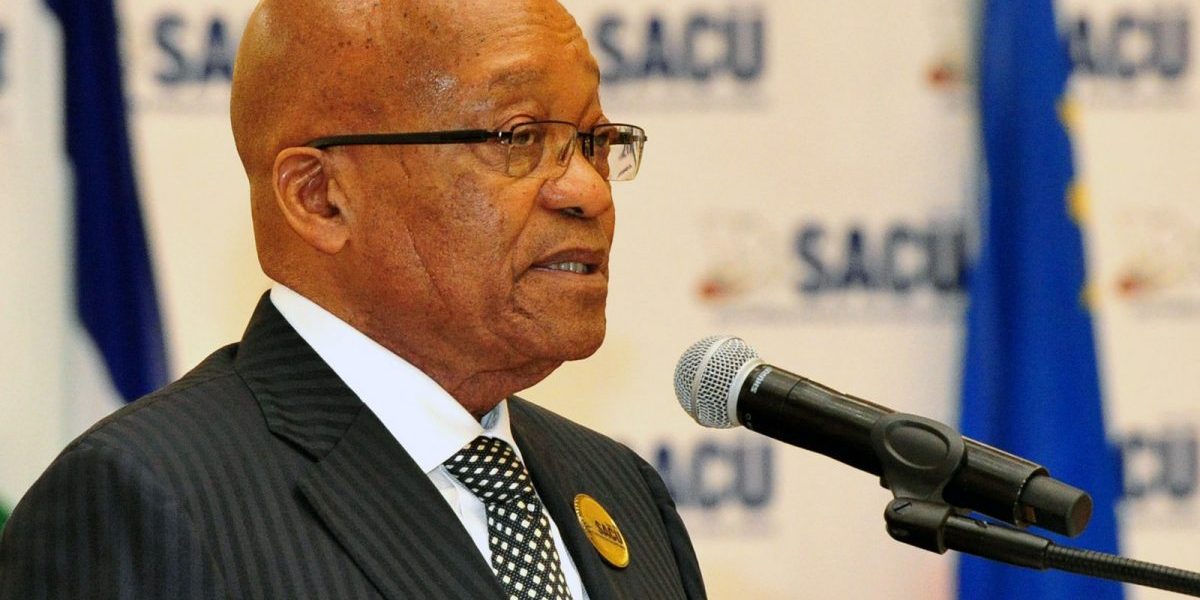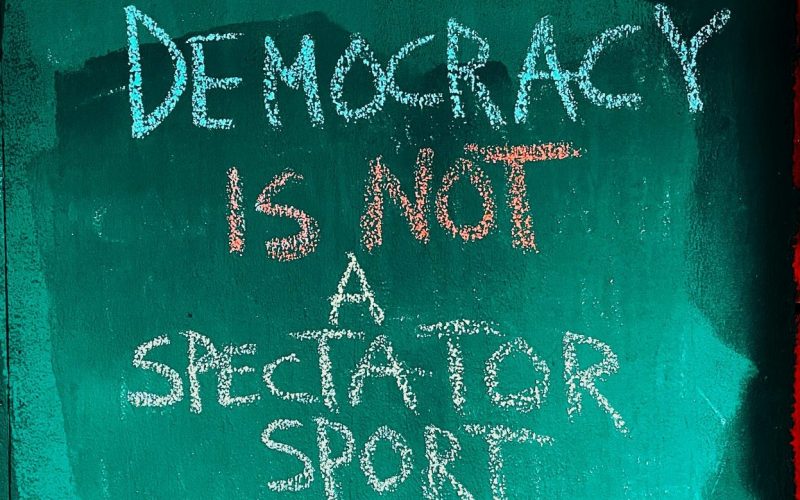Except this story may not have a happy ending. Rumours out of Washington suggest the US may be about to walk away from the talks. Evidently, strategic calculations — and associated posturing — are afoot.
Talks stalled due to substantial negotiating differences between the two sides. Crudely summarising, the South African trade and industry department’s perspective runs like this. Thanks to Agoa, the Africa Growth and Opportunity Act, SA’s exporters have unprecedented access into the US goods market: about 94% of our goods enter duty free.
The incentive to open our goods market is therefore minimal: we gain little new market access in return. Furthermore, the US trade representative’s template for a free-trade agreement is demanding: complete opening of our services markets, which we barely understand, and onerous intellectual property rights, investment, labour and environment provisions beyond our World Trade Organisation (WTO) commitments. Some of these issues are under negotiation in the Doha Round, so why concede ground bilaterally as it may unduly influence WTO positions? And we don’t share common policies with our customs union partners on these issues. Therefore, internal policy harmonisation must be prioritised over external negotiations.
US trade representative negotiators and the US congress are reportedly frusbtrated by the lack of progress to date and are not prepared to wait for Sacu to harmonise internal policies. Trade promotion authority expires in early 2007, so the US trade representative wishes to focus on deals that can be concluded and ratified by the end of next year. Sacu apparently is no longer in that category.
The negotiating dance can tie you up in knots, preventing a wider view. The key question is whether Sacu-US free-trade area talks will help SA to unlock its growth potential and achieve broader social goals, notably employment creation. Does it make economic sense?
Unfortunately, in SA there is little systematic analysis of this question. Such an analysis should go beyond export potential, and consider consumption-related welfare gains and the potential investment benefits of a secure trade deal.
On consumption gains, it is clear the South African and US economies are mostly complementary. Opening to US goods would benefit us and reduce trade diversion associated with our commitments under our deal with the European Union. We would be able to lock in and possibly extend Agoa market access.
On investment, two considerations are relevant. First, a free-trade deal could be used to extend domestic economic reforms, mainly in our services sector, telecommunications and finance. This could support government’s economy-wide cost-reduction thrust. The snag is that deep and potentially intrusive reforms in other areas may be required.
Second, a free-trade agreement could provide a more secure investment environment for US companies via clear services regulatory frameworks and rules on black empowerment and government procurement. That could encourage them to expand their domestic operations, including exports to the US market. That could have positive spin-offs for local suppliers. So a free trade agreement could contribute substantially to government’s 6% growth target.
But there is much we don’t know.
First, would US business in SA leverage a free-trade deal to expand investment in a manner compatible with our development imperatives? Research by the Australian government indicates, for example, that US multinationals there have substantial expansion plans associated with their agreement.
Second, would South African business take advantage of an agreement? Mexico, Jordan and Israel, for example, saw export expansion to the US market after their agreements concluded.
Third, what economic effect could a free trade agreement have on our small customs union partners? The economic response of those tiny central American countries to their recently ratified free-trade agreement talks with the US may offer clues to the effect on Sacu.
Unfortunately, South African business has been silent on these issues. Either it is sleeping while a potentially significant opportunity goes begging; or it established some time ago that this agreement is not worth time and effort. I suspect the former. There may still be time, though not much, to mobilise an informed South African business view as neither government is likely to opt for a clean break now. Clearly SA does not have an interest in unnecessarily antagonising the superpower. Trade and investment are critical aspects of our relations with the US. So it is more likely that the trade and industry department will persist with the current process, if necessary maintaining it on life support, than seek a clear rupture.
Similarly, the US has identified SA as one of five “anchor states” in Africa with which it seeks to maintain close relations on a range of issues. While our governments have differed on key foreign policy issues, notably Iraq, the US generally respects SA’s right to pursue an independent line. Therefore, on balance, the “life support” option seems most likely.
But Africa remains marginal in the US geopolitical firmament, notwithstanding Washington’s ties to designated “anchor states”. This gives it a relatively free hand in our region. So rumours that Mozambique and Ghana are potential replacement candidates for free-trade talks in Africa, and confirmation that Egypt and the US are moving towards formal talks, should concentrate our minds on that broad and public cost-benefit analysis.
If it turns up a negative result, we will have been strengthened by the process. If it turns up a positive one, then, in principle, the process could still be rescued. Business and government have a compelling interest in exploring and interrogating our options before the USS Enterprise sails into the Atlantic sunset.








